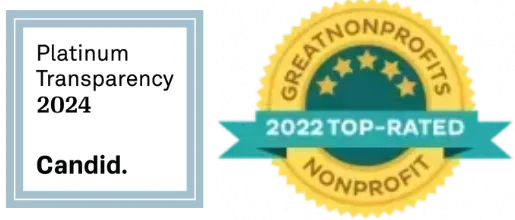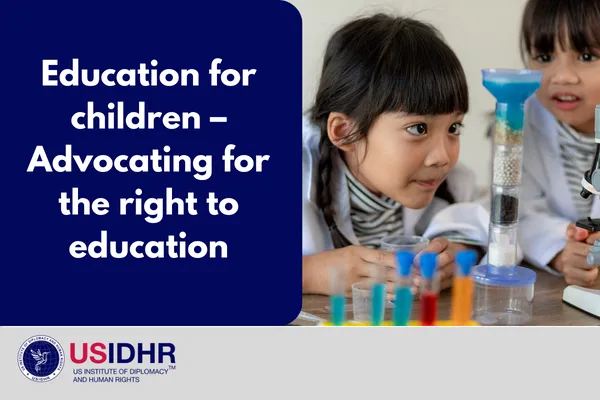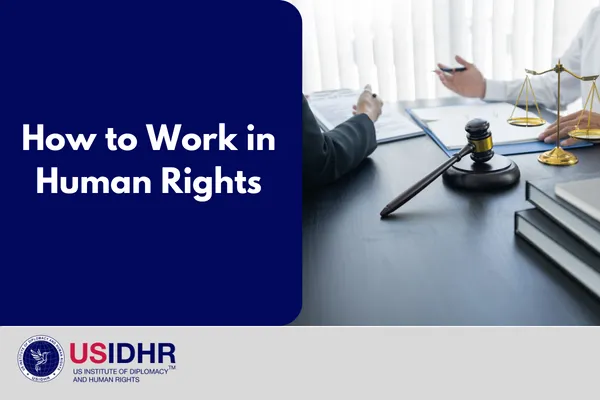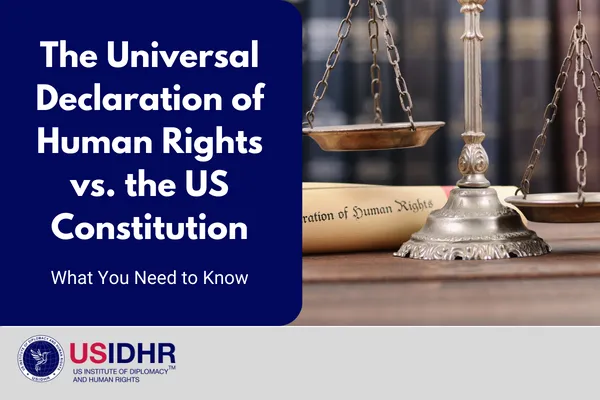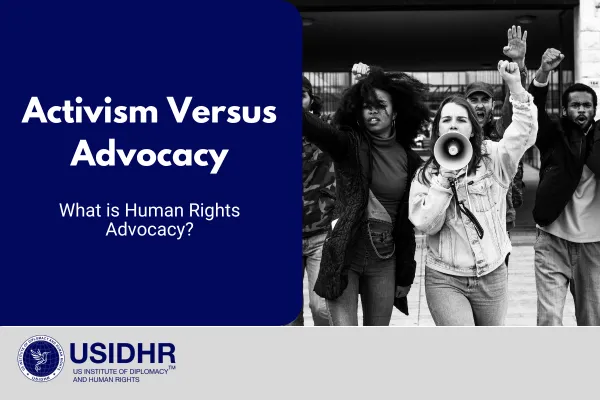
From our training sessions and working within our student community, we have found that there is a common misconception regarding the terms activist and advocate. We also noticed that many who want to work in human rights identify themselves as activists rather than advocates. So what is the distinction between these two terms? And is one more suited to the human rights field than the other?
An activist is defined as a ‘person who believes strongly in political or social change and takes part in activities such as public protests to try and make this happen’[2]. As a young person, being an activist is often much less daunting than entering the world of advocacy. Why is this? Advocacy is presented as a much more refined practice as opposed to activism, and in some sense, this is true. To be an advocate is ‘to publicly support or suggest an idea, development, or way of doing something’[1]. Therefore, an advocate can be understood as the one who listens, the one with the specialized knowledge; whereas, activists are the ones who make the noise. Protests, marches, events that create an impact and make people listen – whether they want to or not.
Advocates are those that work “within the system”, as mentioned, these are the people who work with the politicians and try to address problems in a way that invites people to get involved in a more tempered way. As Eva Lewis so eloquently puts:
‘To be an activist is to speak. To be an advocate is to listen’[3]
Advocacy incites that convincing others your cause is a worthy one oftentimes lies in listening to their thoughts, making them aware of yours, and tackling disagreements amicably. Does this work in every case? No. Thus, why advocates and advocacy are often followed by activists and surges of activism in many instances. But the case for advocacy is strong. Encouraging change-makers to listen and educate can help acknowledge that making tangible and secure change is a ‘long and often difficult road’ which requires collective action at a multitude of levels.
Activism insights change, yes, this cannot be refuted. However, activism doesn’t change the prejudice attitudes of those who are the reason the activism is required in the first place. This is where advocacy becomes a crucial piece of the puzzle. In order to create sustainable change, and a real shift in attitudes regarding issues, advocacy is needed. To be more specific, advocacy in the case of Human Rights is imperative to ensure the amount of violations decrease. Human Rights Advocacy ensures that, instead of waiting till the violation is ongoing or has already occurred and demanding justice afterwards, Human Rights violations are prevented from even occurring in the first place[4]. Advocates work with governments, leaders, local communities to provide education as to why Human Rights need to be considered initially, and help create movements and policies which are ‘person centered’[4].
Human Rights advocacy has historically proven to be a successful means of reducing human rights violations ( Foreign and Commonwealth Office, 2016)[5]. A recent case where advocacy can be seen as having prevailed is with the horrific crimes and human rights violations against the Uyghur muslims in Xinjiang, China. Once the information that Uyghurs are kept captive in labor camps, stripped of their human rights and forcibly taken away from their families leaked into Western media, advocates came together worldwide to create petitions, write letters, and educate using social media on what is occurring in Xinjiang. All this worked to put pressure on governments and international bodies to take action against such inhumane 'behavior'[6].
So what can you do to become an advocate and be part of sustainable social change? Here at USIDHR we are putting in consistent work to educate individuals on their human rights and giving them all the tools they need to become advocates. Our Human Rights Consultant training provides the foundations for you to go out and educate others on the Universal Declaration of Human Rights and begin advocating for a more peaceful society. If you’re interested in becoming a human rights advocate, then click here to access the registration page[7].
To conclude, activism and advocacy are commonly used concepts within the human rights field. Confusion between the two terms is unsurprising as they are often used interchangeably to describe anybody taking part in social action, but as explained above there are very distinct differences. Activism is about making people listen, but advocacy is working on identifying solutions and inviting all parties to listen to each other’s problems. Advocacy allows one to educate for change, thus, as is commonly mistaken, being an advocate is not difficult and something anyone, regardless of age, can get involved in. Both activism and advocacy are important and necessary, but advocacy and advocates are more likely to insight sustainable, long-term change.
Reference list:
[1]https://dictionary.cambridge.org/dictionary/english/advocacy
[2]https://dictionary.cambridge.org/dictionary/english/activism
[4]https://www.ndti.org.uk/news/human-rights-in-advocacy
[5]https://storage.googleapis.com/msgsndr/nG7WjEXTmqhSH0us1Twn/media/6490a3527696413cbb851e88.pdf
[6]https://www.bbc.co.uk/news/uk-55973215
[7]Hall, Stephen. (2018) Advocacy versus Activism: What is the difference? Access at:
https://ruminating.org/news
Join One of Our Certificate Trainings:
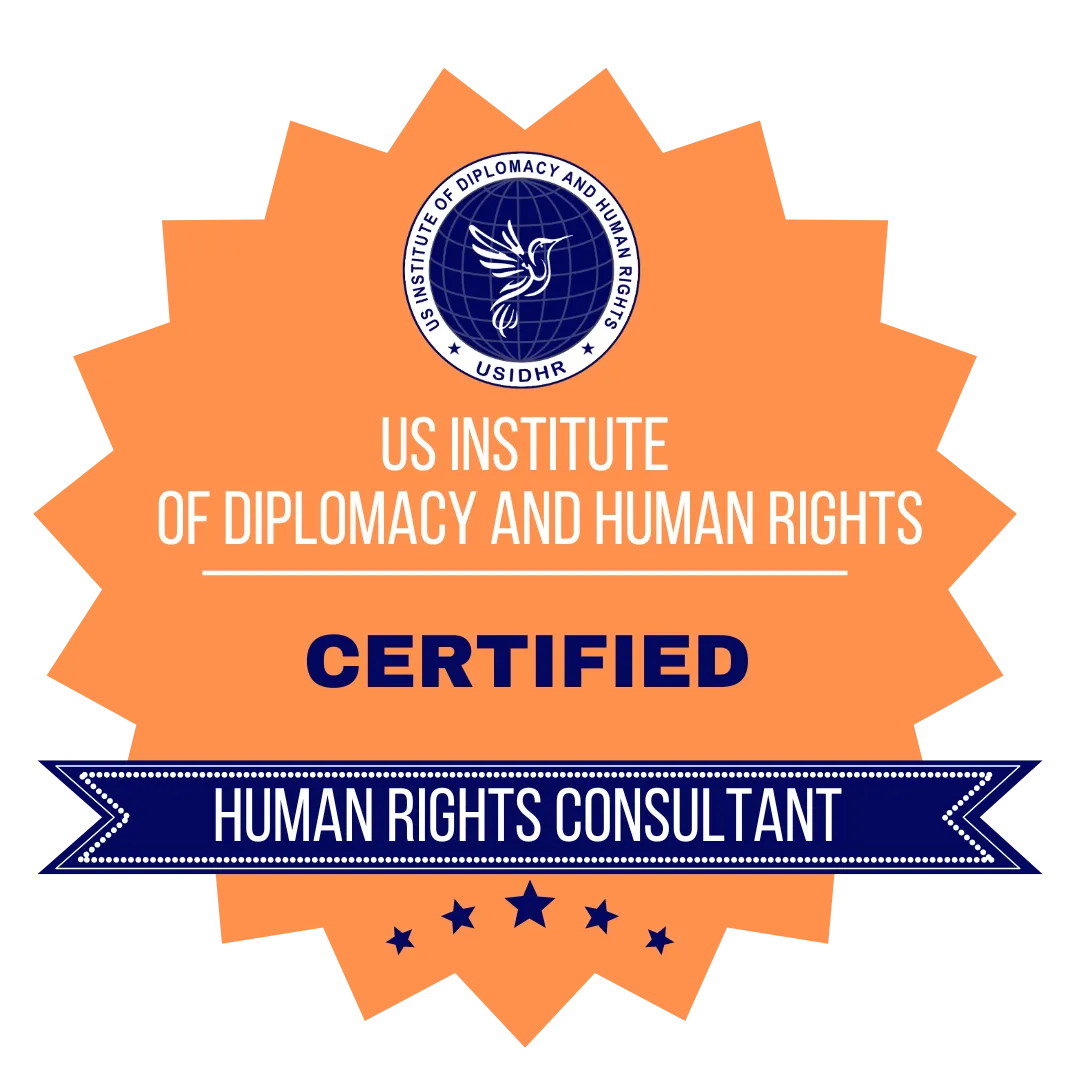
Human Rights Education Certification Training
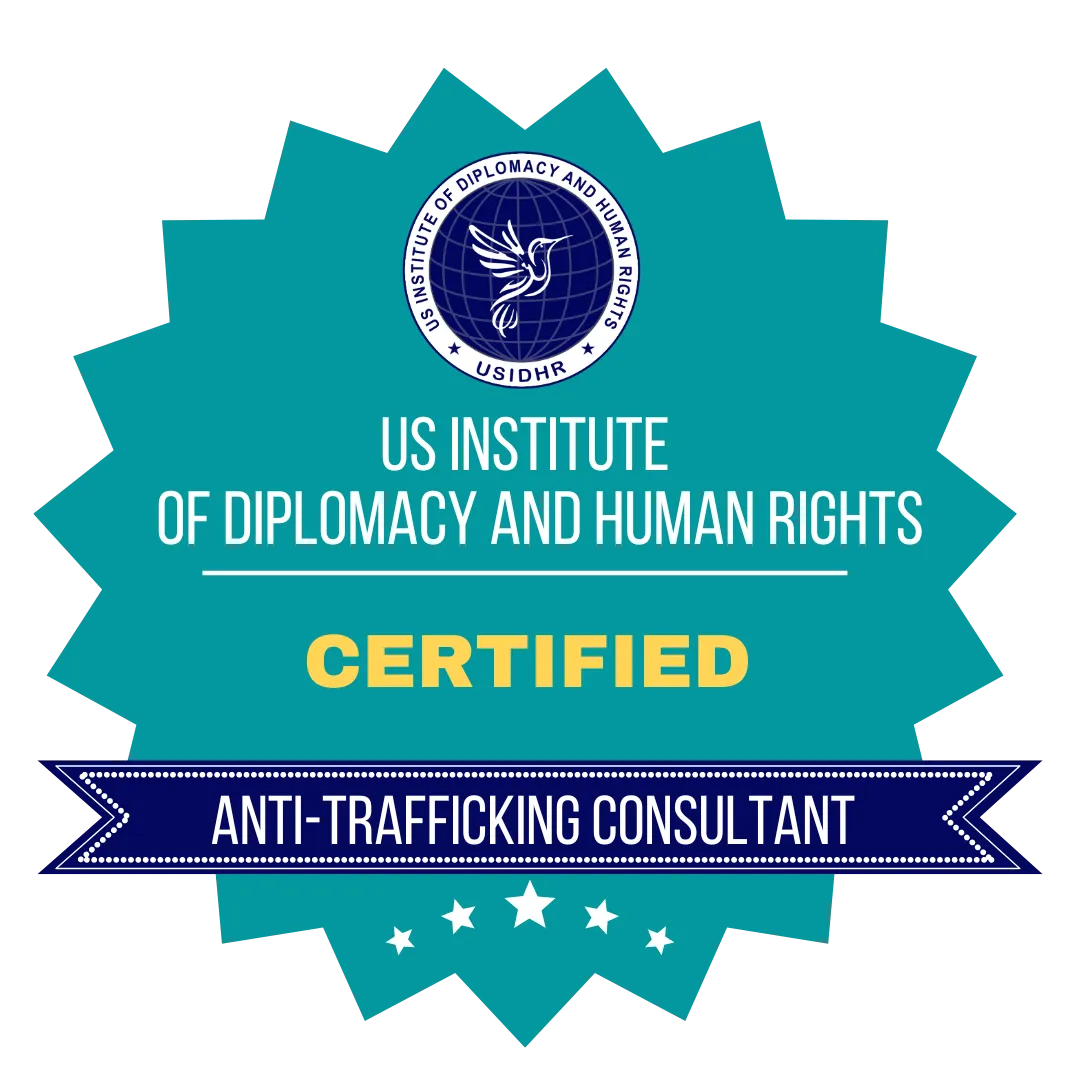
Human Trafficking Certification
Training
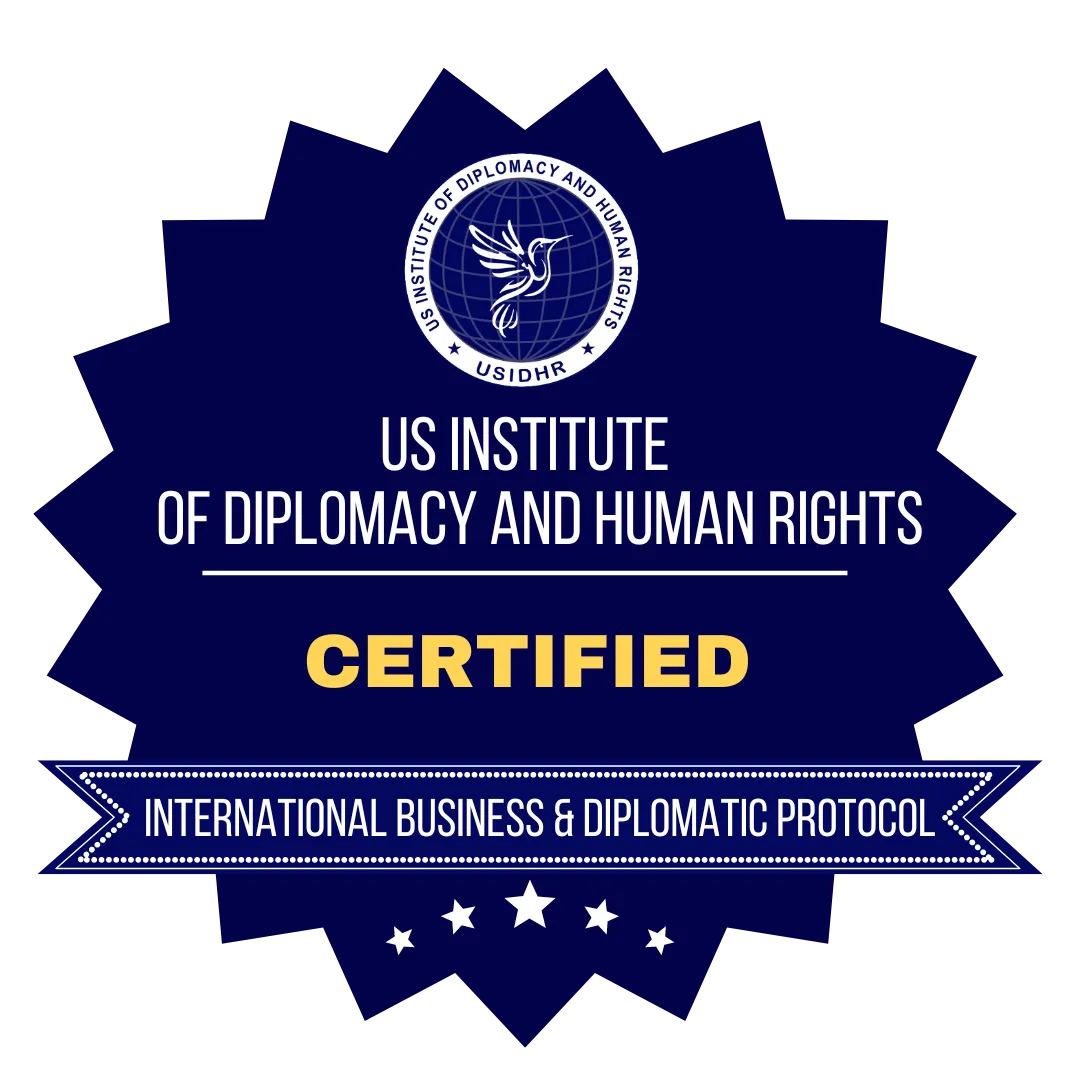
International Business and Diplomatic Protocol Certification
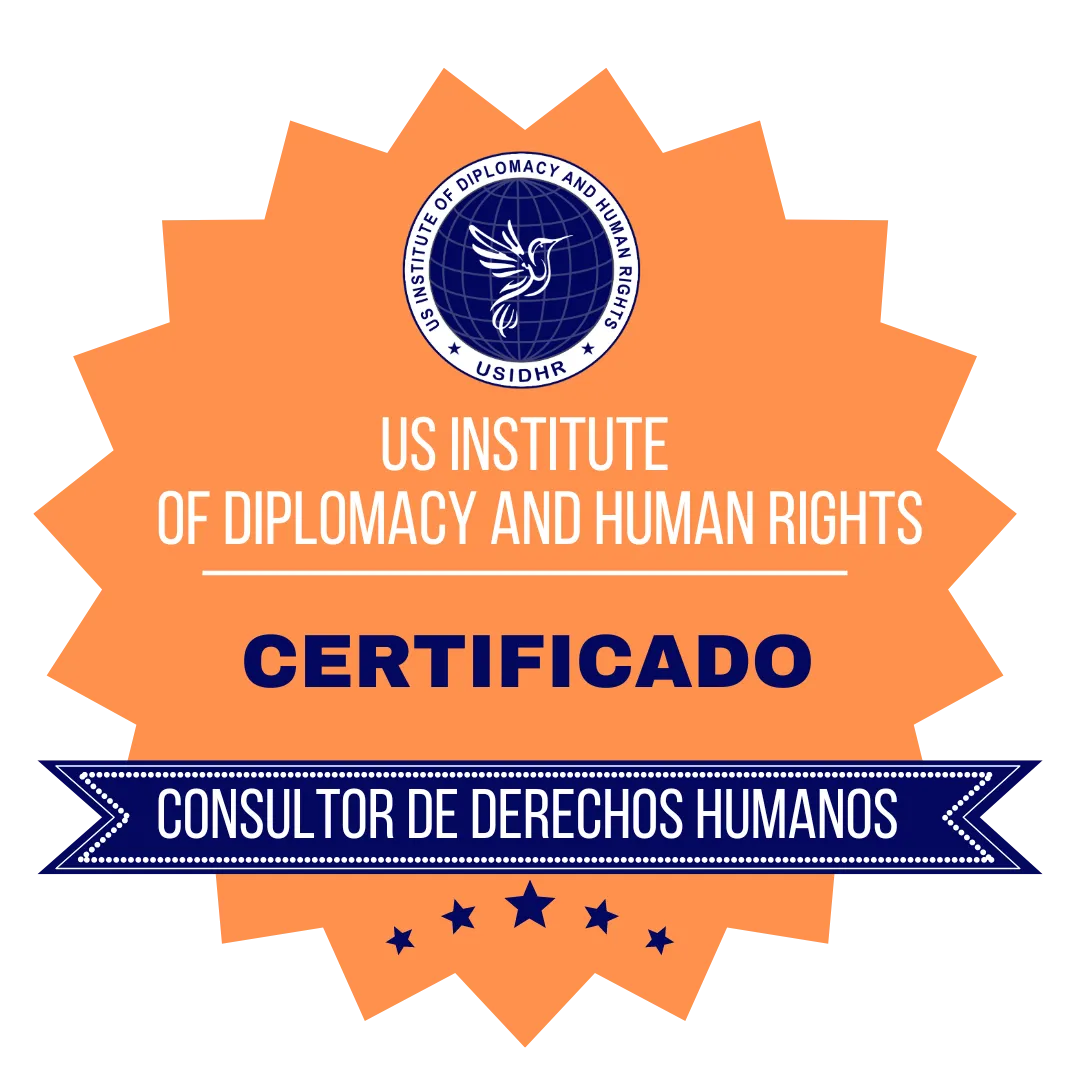
Capacitación En Derechos Humanos
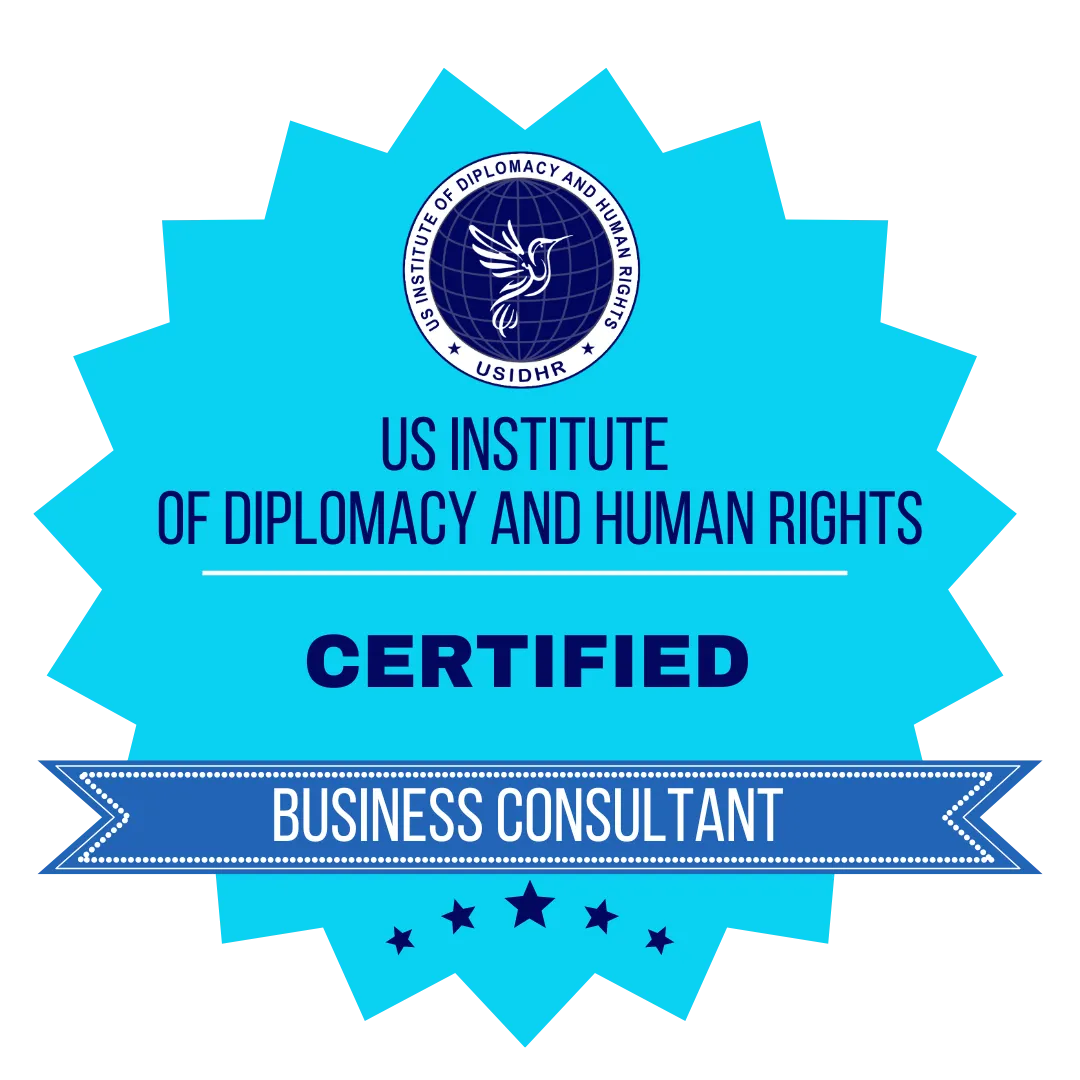
Business Consulting Certification Training
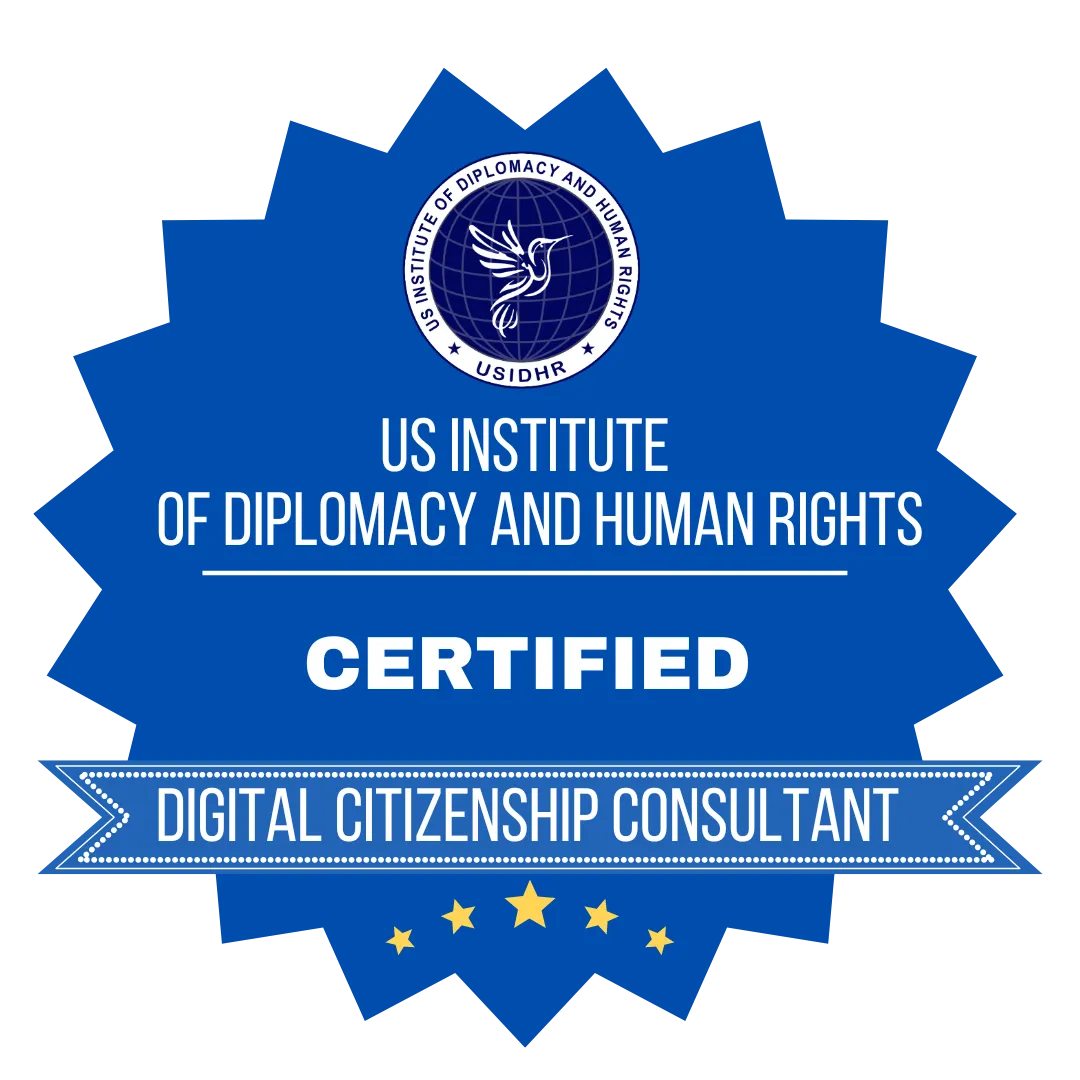
Digital Citizenship Certification
Training
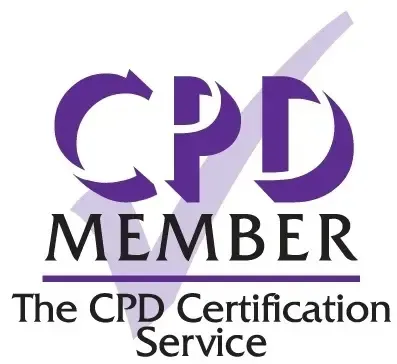
The US Institute of Diplomacy and Human Rights (USIDHR) is an International Continuing Professional Development (CPD) Accredited Organization. Accredited CPD training means the learning activity has reached the required Continuing Professional Development standards and benchmarks. The learning value has been scrutinized to ensure integrity and quality. The CPD Certification Service provides recognized independent CPD accreditation compatible with global CPD requirements

US Institute Of Diplomacy And Human Rights
1250 Connecticut Ave NW Ste 700, Washington, DC 20036

